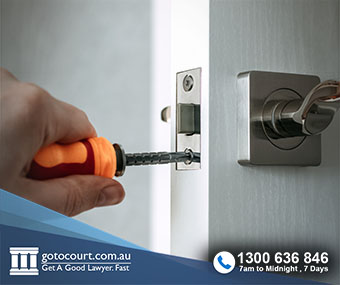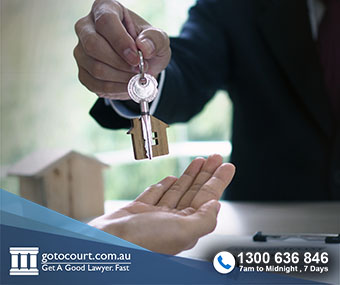Tenant Rights and Obligations (NSW)
Tenant Rights and Obligations (NSW)
In New South Wales, the Residential Tenancies Act 2010 sets out landlord and tenant rights and obligations in respect of residential rental properties. This Act was amended in 2024 to strengthen tenants’ rights This included removing the right of a landlord to terminate a lease without grounds, limited the frequency of permissible rental increases, and other changes. This page outlines the rights and responsibilities of tenants in New South Wales after the amendments.
Starting a tenancy
At the start of a residential lease, a landlord must give the tenant:
- a Tenancy Agreement
- an Information Statement
- a Bond lodgement form
- an Entry Condition Report.
It is important that the tenant read through all of these documents prior to signing the agreement.
The tenant should complete the Entry Condition Report and return it to the property manager or landlord within seven days. It is also recommended to take photos of any damage and include copies with the condition report.
Bond
A landlord may require a tenant to pay a bond at the start of the tenancy. The amount of the bond must not be more than four weeks of rent.
The landlord must lodge the bond with Fair Trading NSW.
If there is damage to the property or unpaid rent at the end of the lease, the landlord may withhold some or all of the bond to cover the damage or unpaid rent.
Rent
A tenant must pay all rent that is due on time. A landlord must provide a free and convenient method of making rent payments. Tenants must not be required to pay rent in a manner that incurs transaction fees.
Rent must not be increased more than once in a 12-month period.
Privacy
A tenant has a right to quiet enjoyment of the property. This means that they must be allowed their privacy and the use of the property with little interruption from the landlord.
The landlord and property manager must give adequate notice if they enter the property for any reason, such as to conduct an inspection, to carry out repairs, or to obtain a valuation.
Repairs and maintenance
A landlord must carry out and pay for any repairs that are needed within a reasonable time. However, if a tenant is responsible for damage to the property, they will be required to cover the cost of the repairs.
Tenants are required to keep properties clean and reasonably well maintained during the tenancy. This includes tasks such as cleaning ovens, mowing the lawn, and tending to gardens.
Pets
A tenant must not keep a pet at rental premises without the landlord’s permission. However, a landlord must not refuse permission without a valid reason and must not impose unreasonable conditions on the keeping of a pet.
Termination
Since the 2024 changes, it is no longer permissible for a landlord to terminate a tenancy at the end of a fixed-term lease for no reason.
A landlord may now only terminate a lease on one of the following grounds:
- because the property is to be sold
- because there are to be significant renovations
- because the landlord or their family are moving into the property
- because the property is no longer to be used as a residence
- because the tenant is no longer eligible to rent the property (where applicable).
A landlord who terminates a lease for a non-breach reason must give the tenant at least 60 days of notice if the lease started less than six months ago or at least 90 days of notice where the lease has been ongoing for more than six months.
A tenant may terminate a lease at the end of a fixed-term lease by giving 14 days of notice. A tenant may terminate a periodic tenancy by giving 21 days of notice.
A landlord or tenant may also terminate a lease because the other party is in breach.
If you require legal advice or representation in any legal matter, please contact Go To Court Lawyers.

Affordable Lawyers
Our Go To Court Lawyers will assist you in all areas of law. We specialise in providing legal advice urgently – at the time when you need it most. If you need a lawyer right now, today, we can help you – no matter where you are in Australia.How It Works




1. You speak directly to a lawyer
When you call the Go To Court Legal Hotline, you will be connected directly to a lawyer, every time.

2. Get your legal situation assessed
We determine the best way forward in your legal matter, free of charge. If you want to go ahead and book a face-to-face appointment, we will connect you with a specialist in your local area.

3. We arrange everything as needed
If you want to go ahead and book a fact-to-face appointment, we will connect you with a specialist in your local area no matter where you are and even at very short notice.












